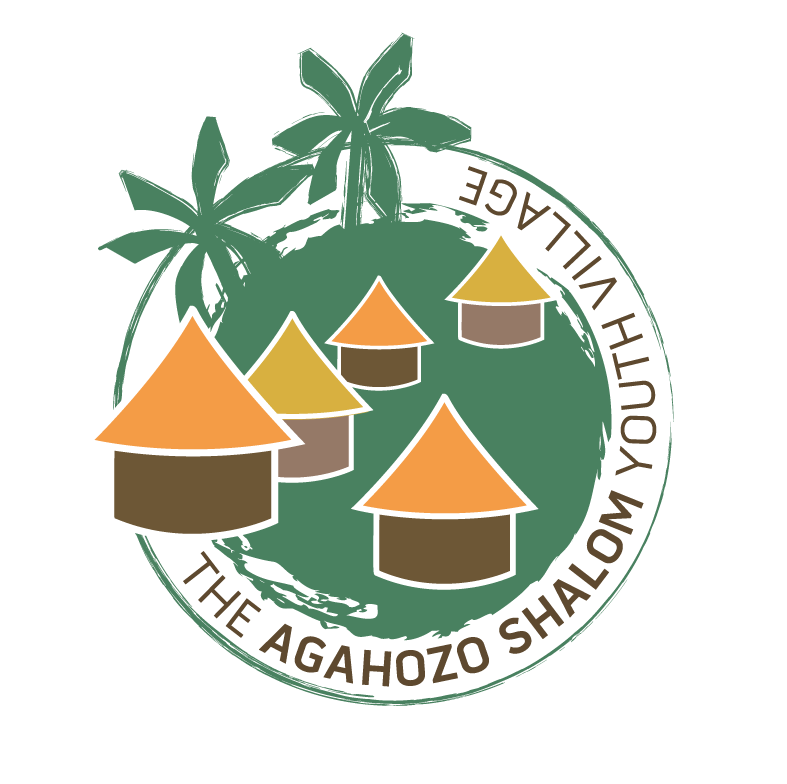Celebrating the ASYV Class of 2023
“It is our spirit of determination that has brought us to this amazing day.”
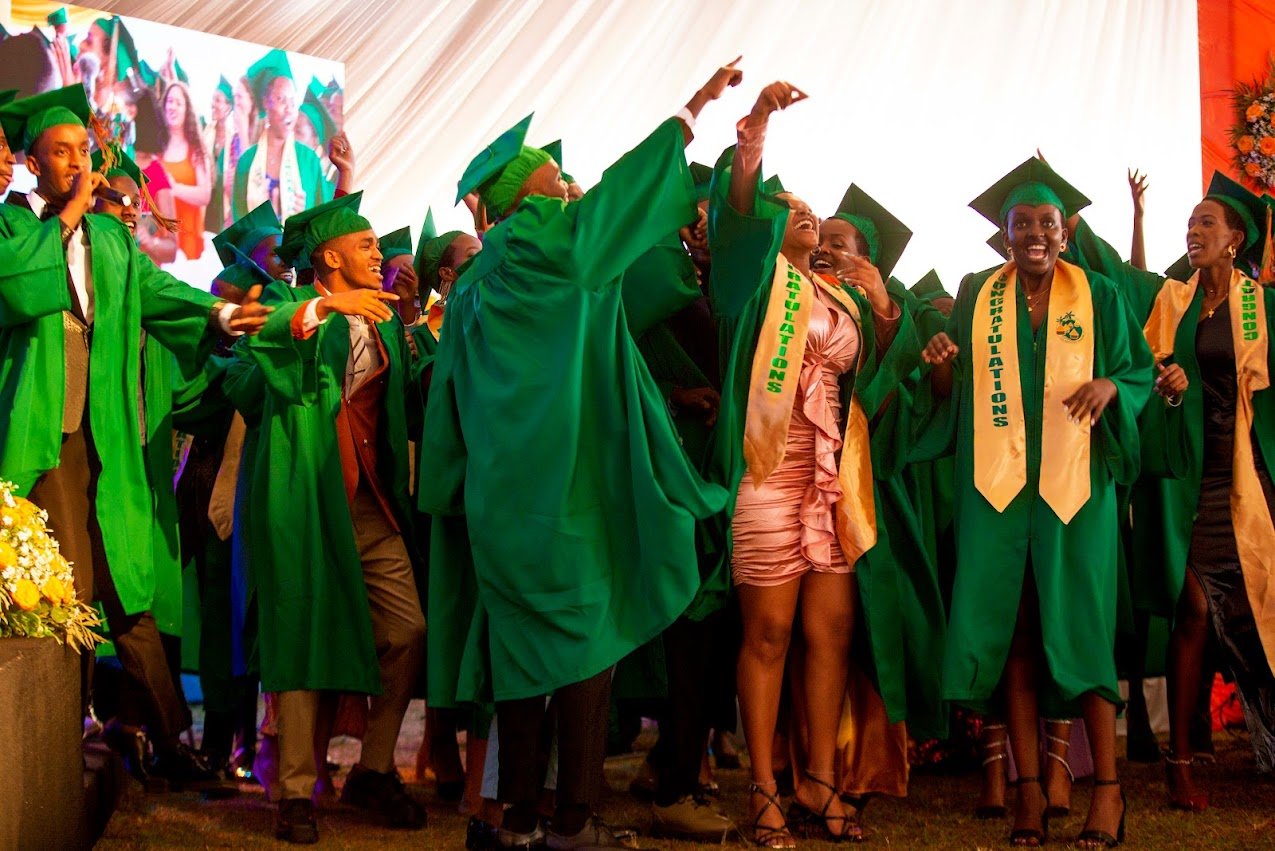
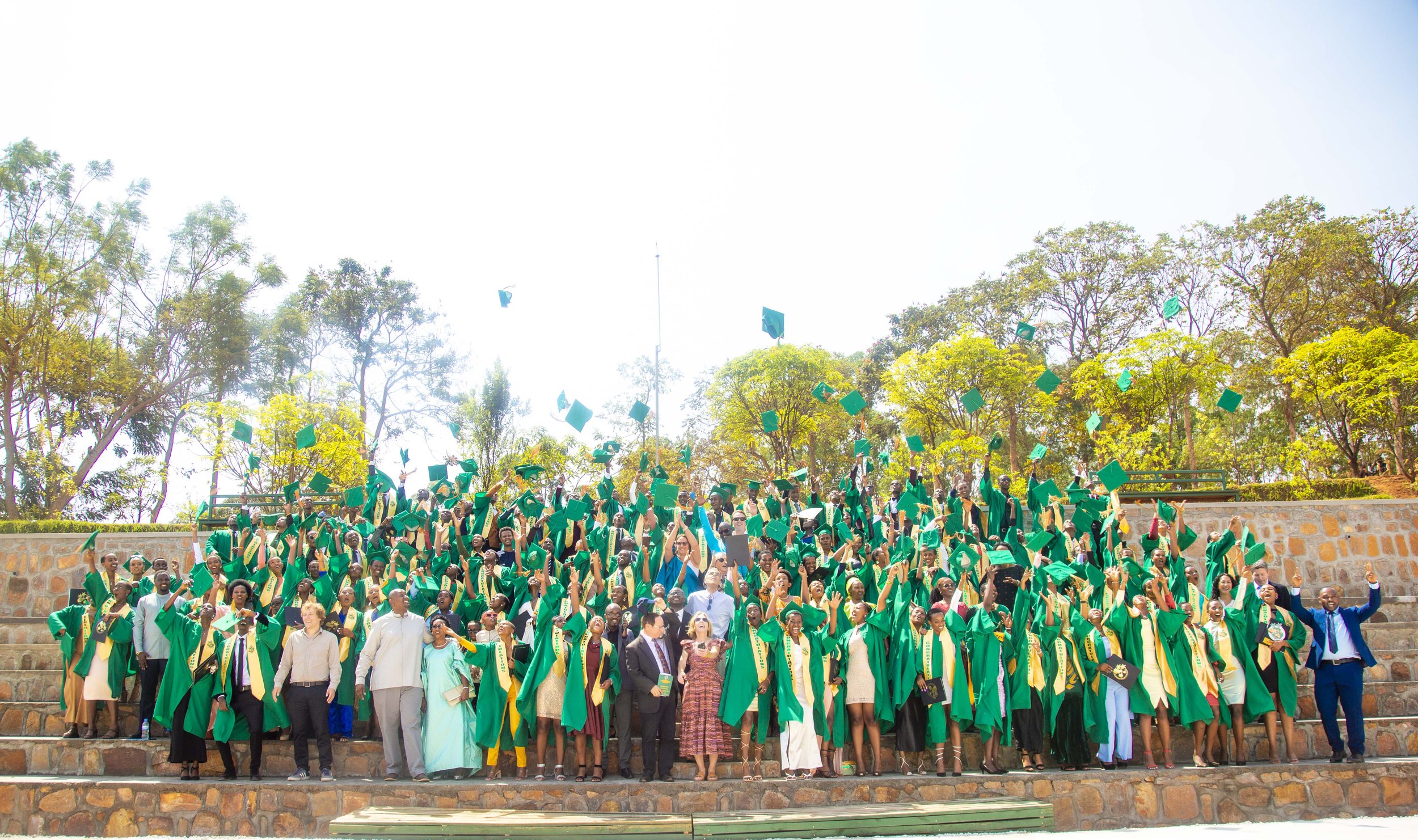
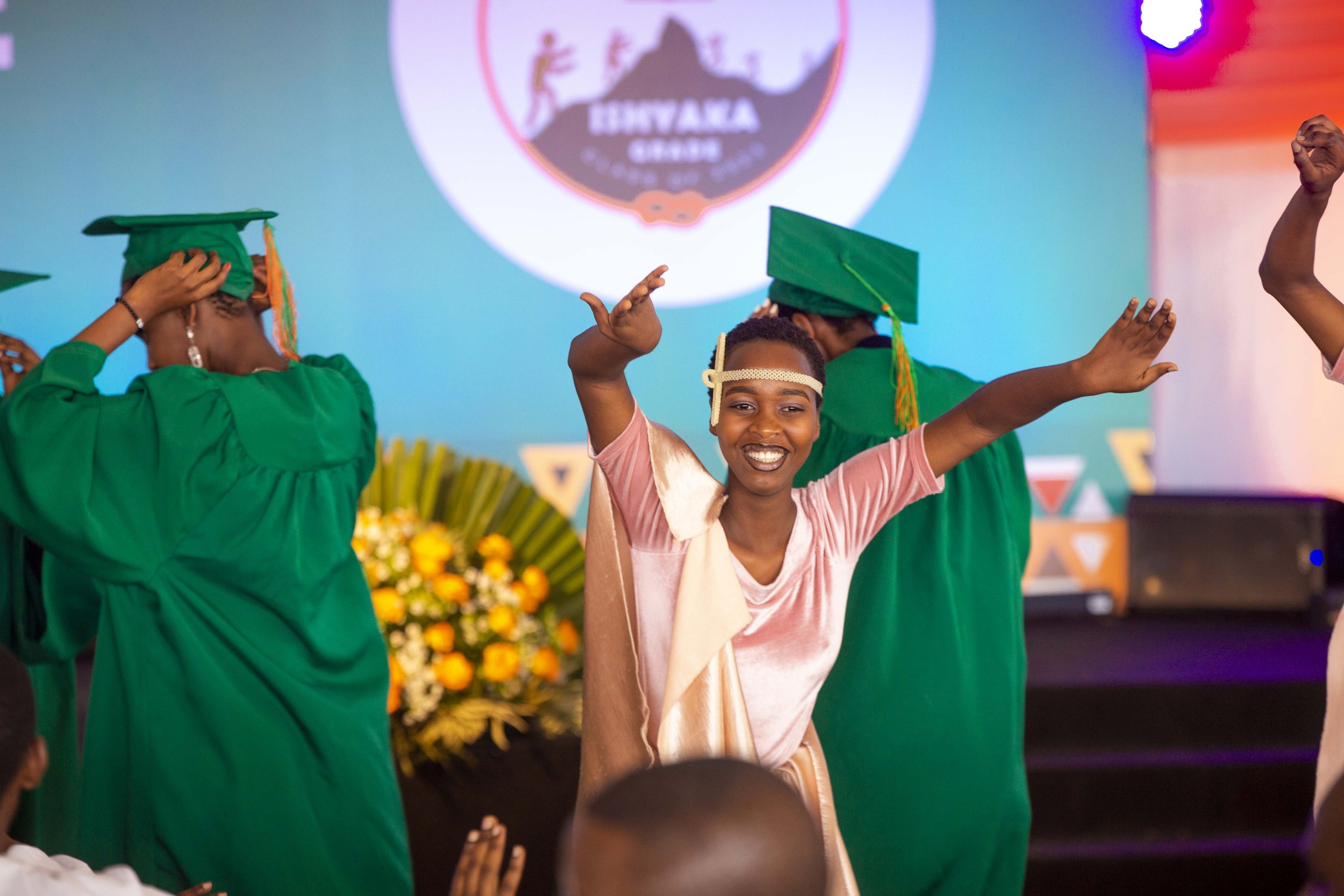
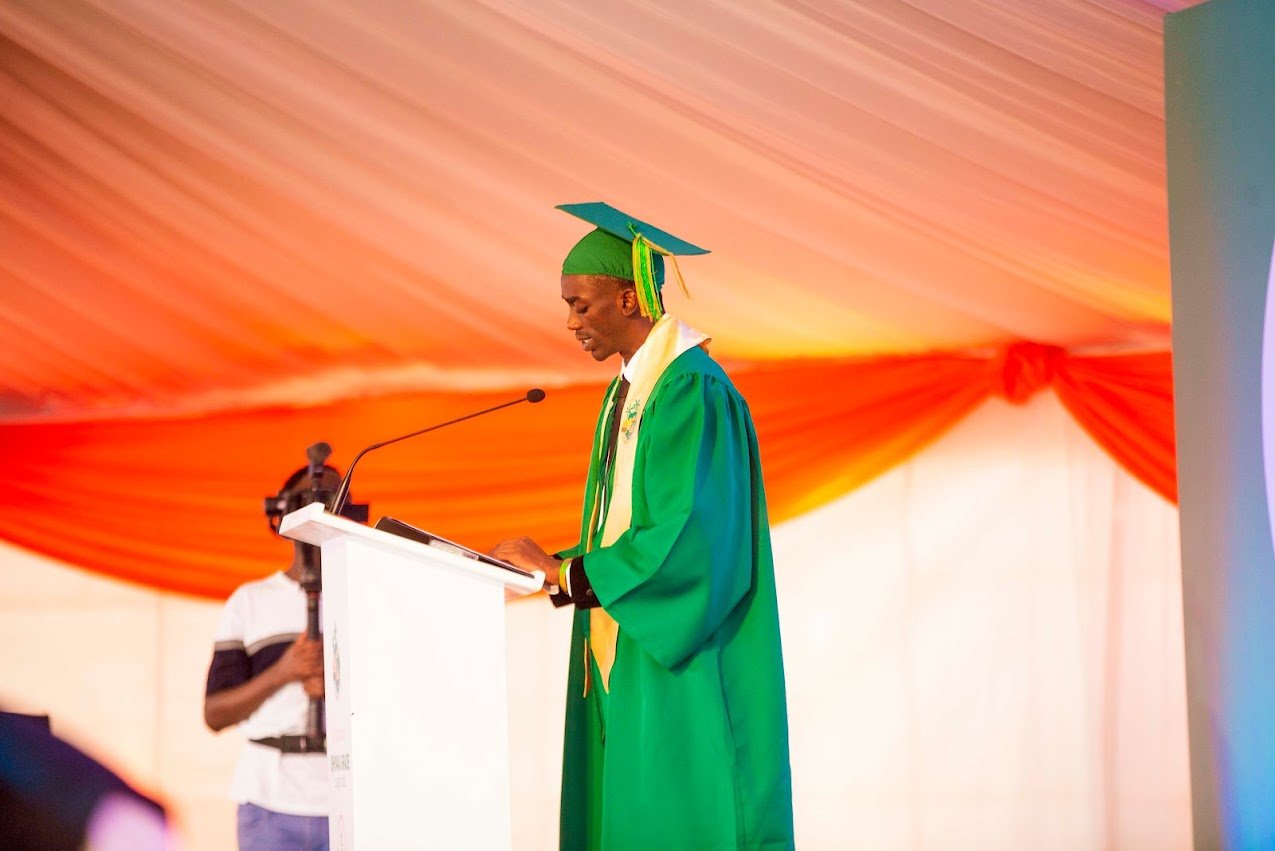
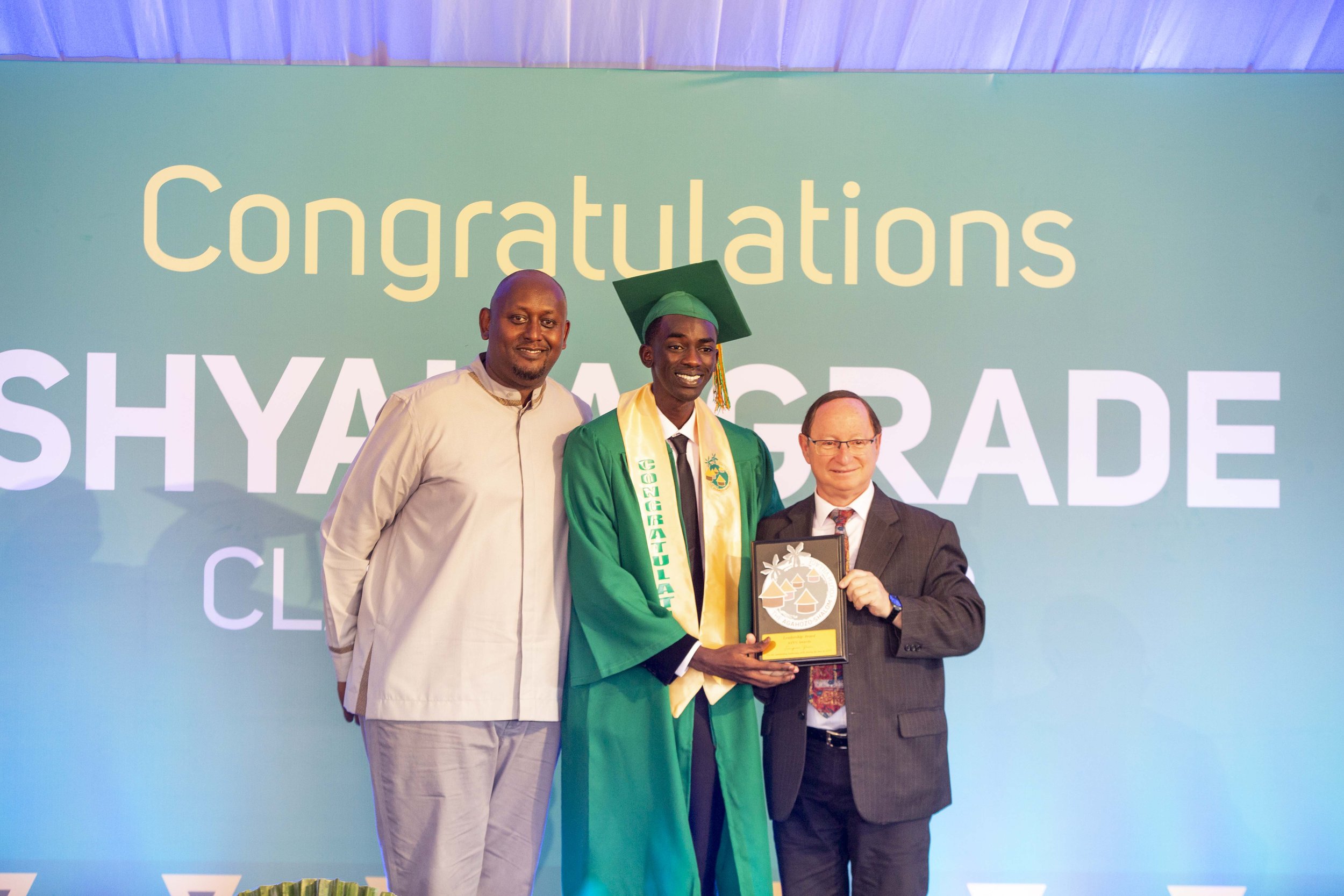
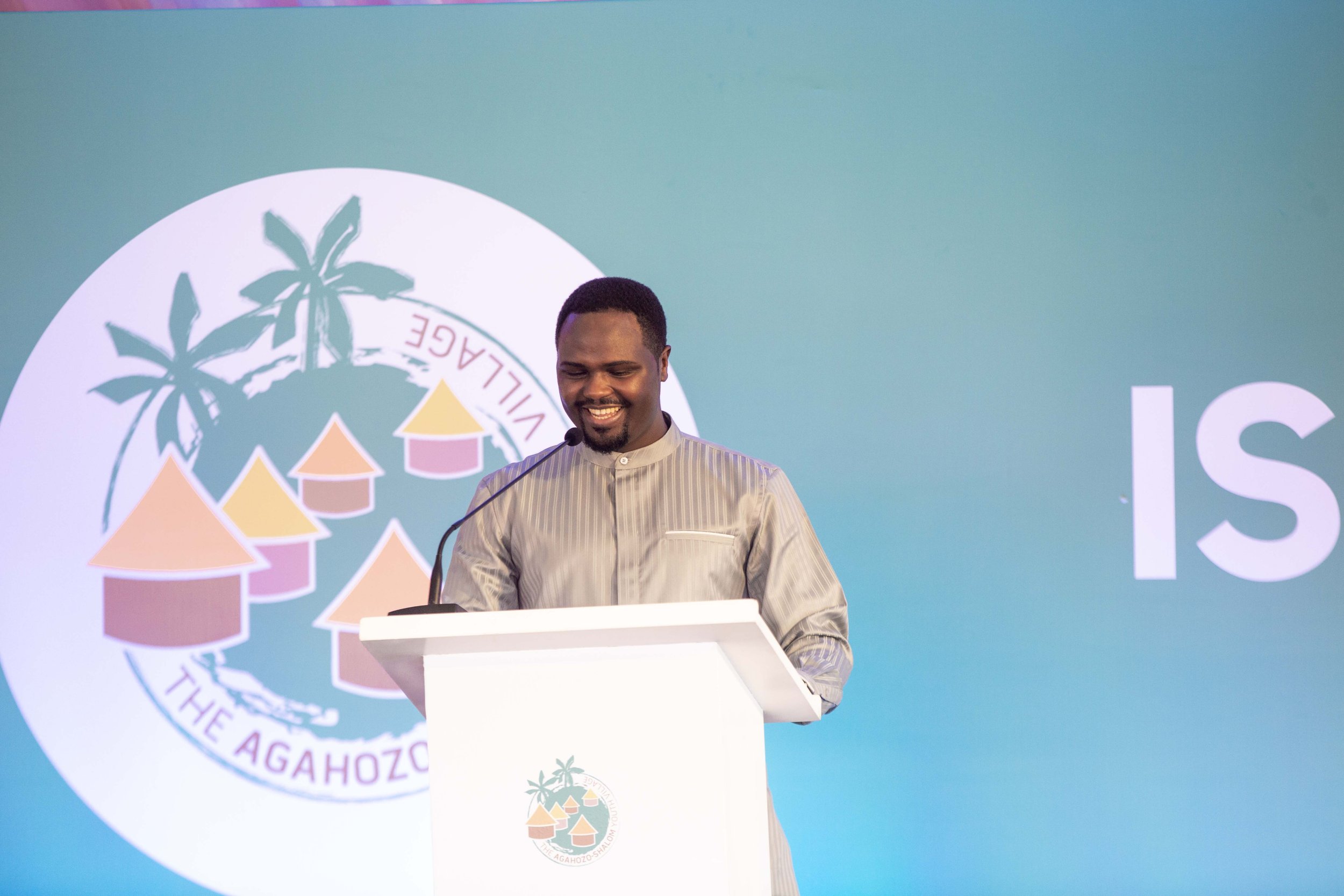

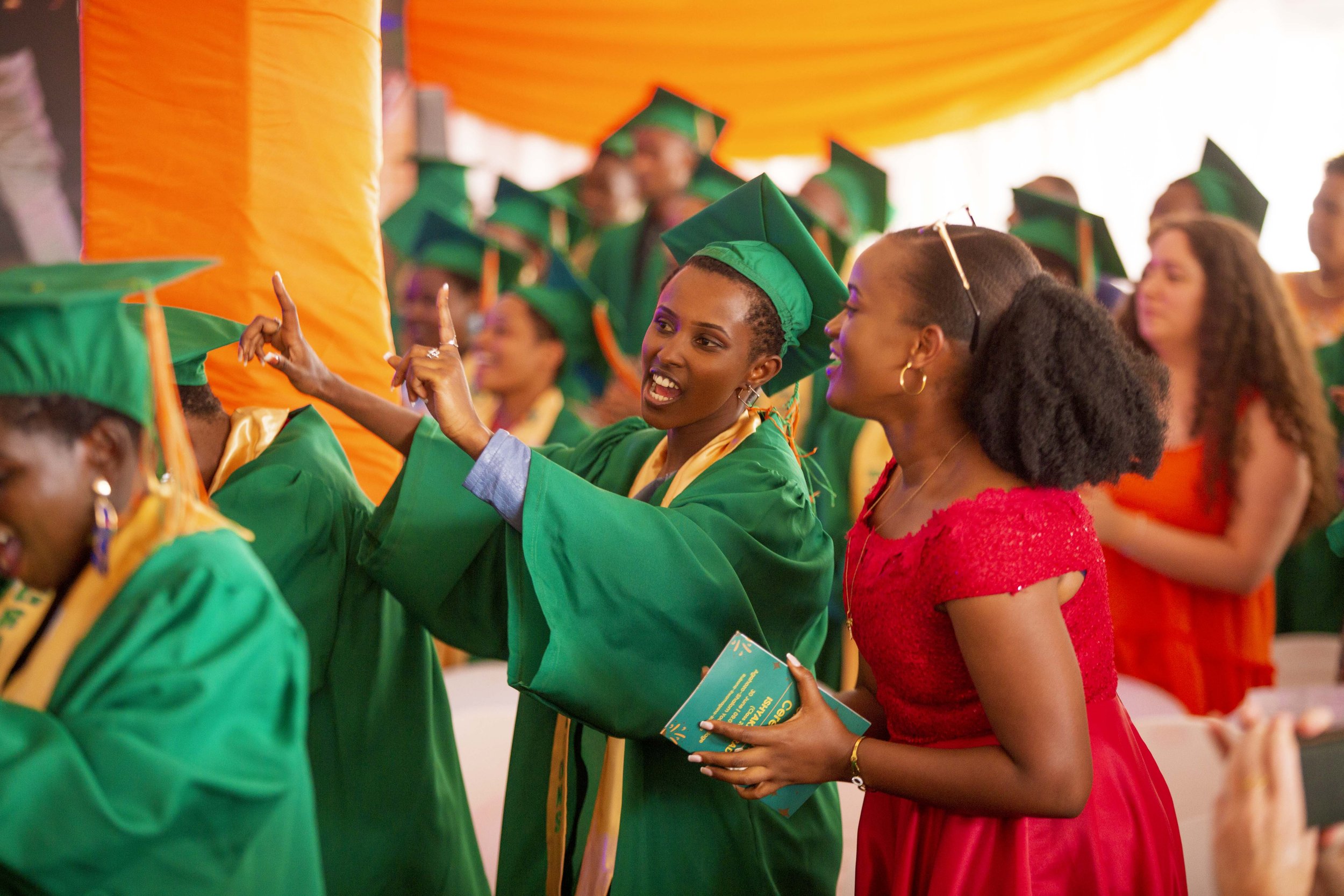
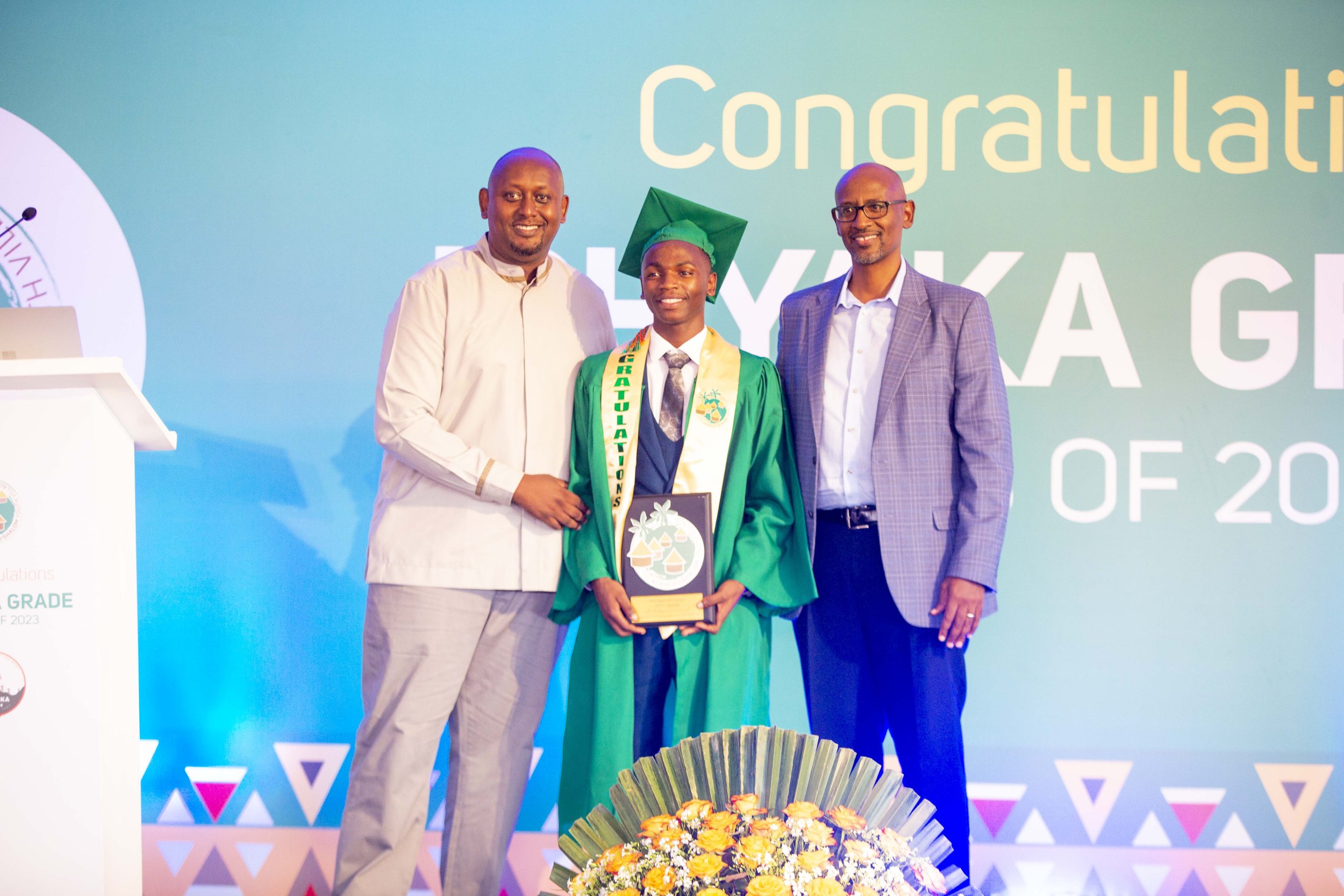
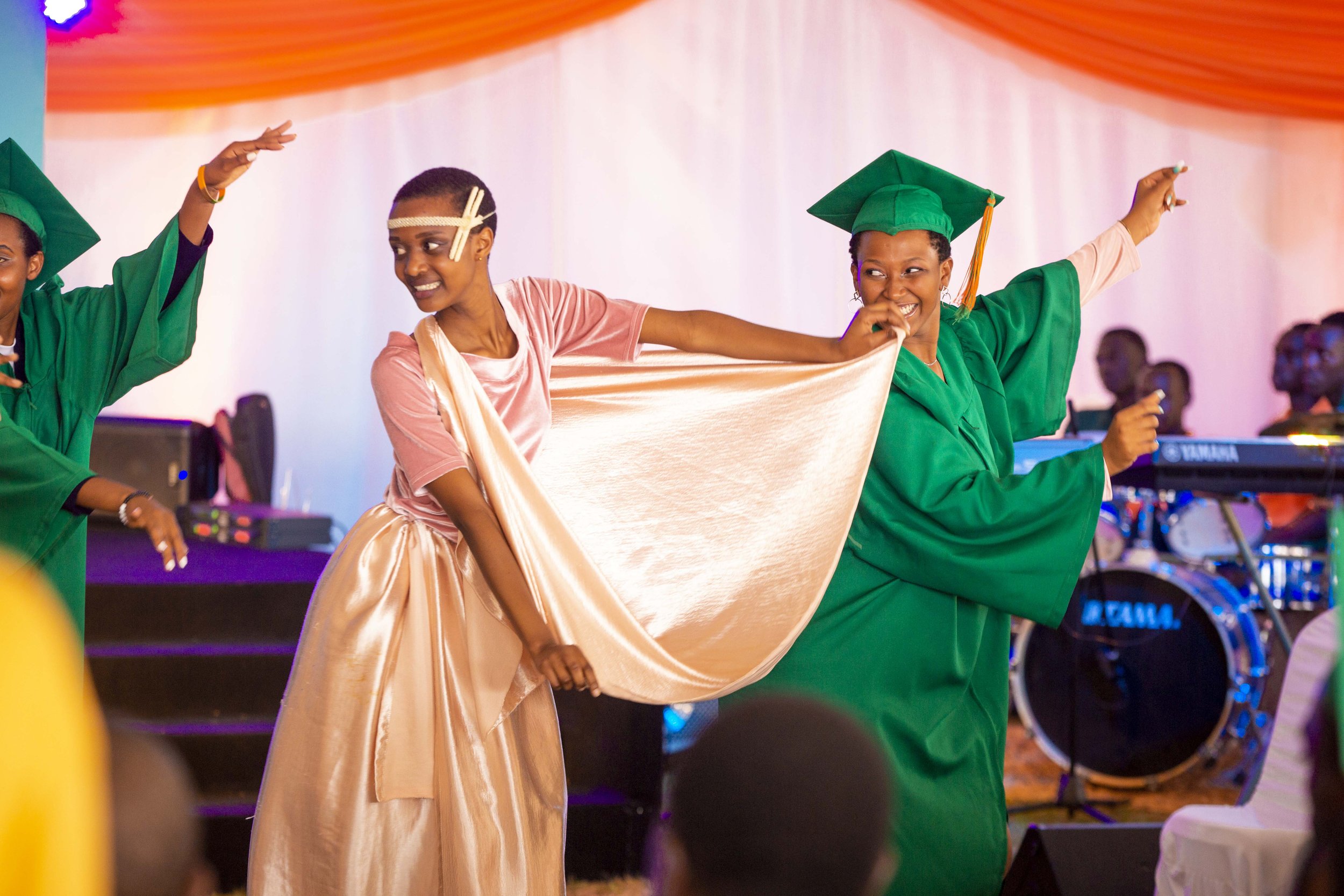
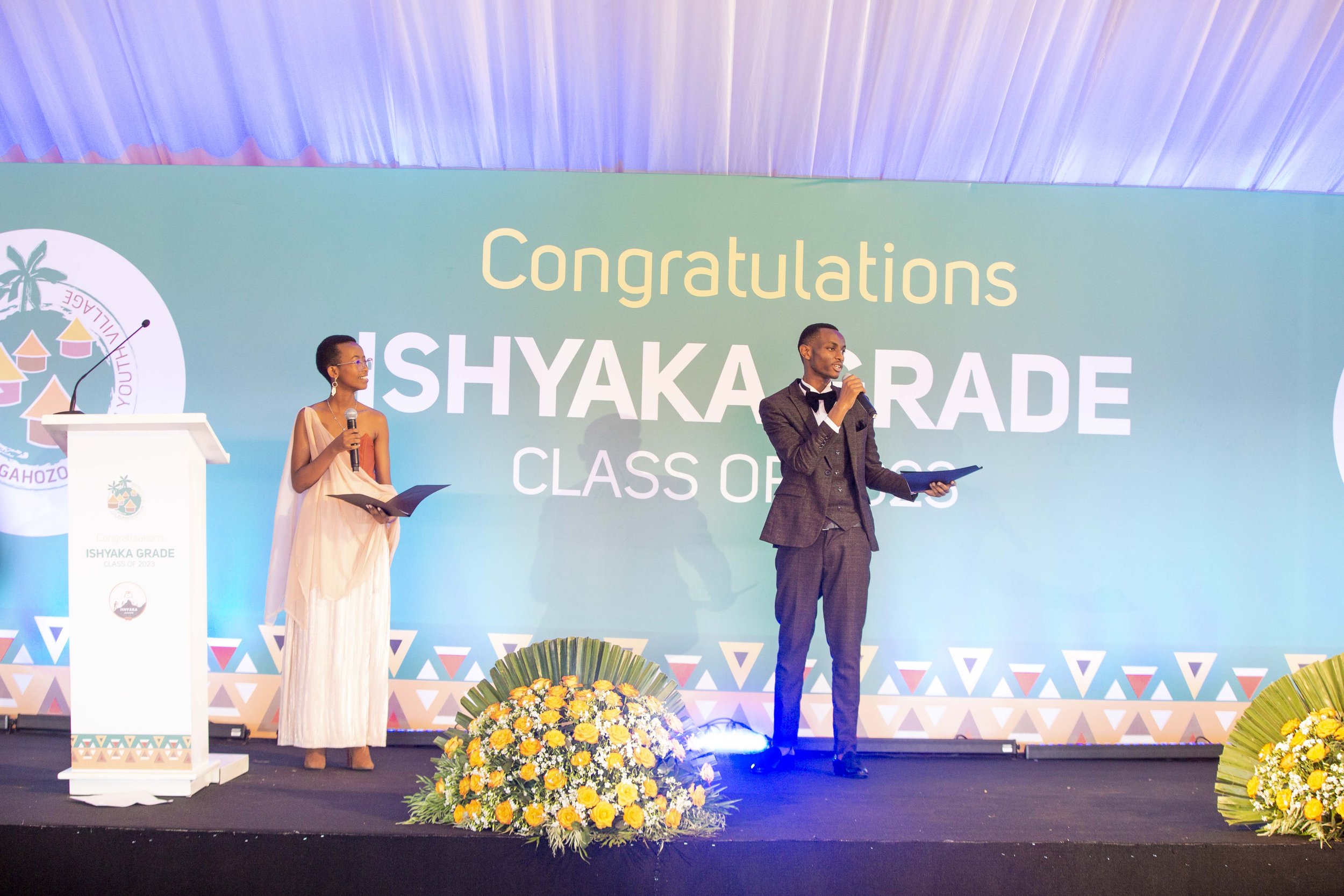
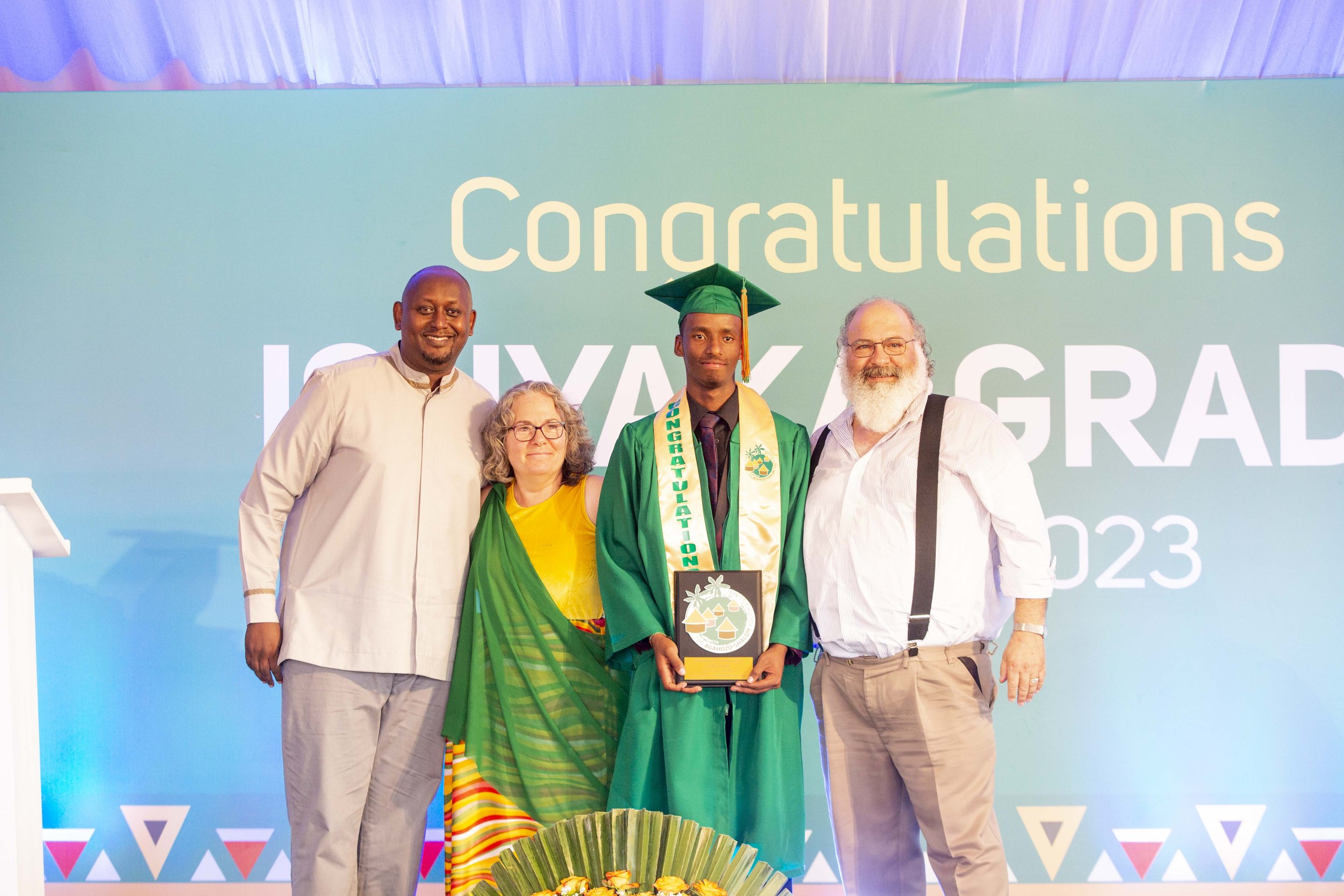
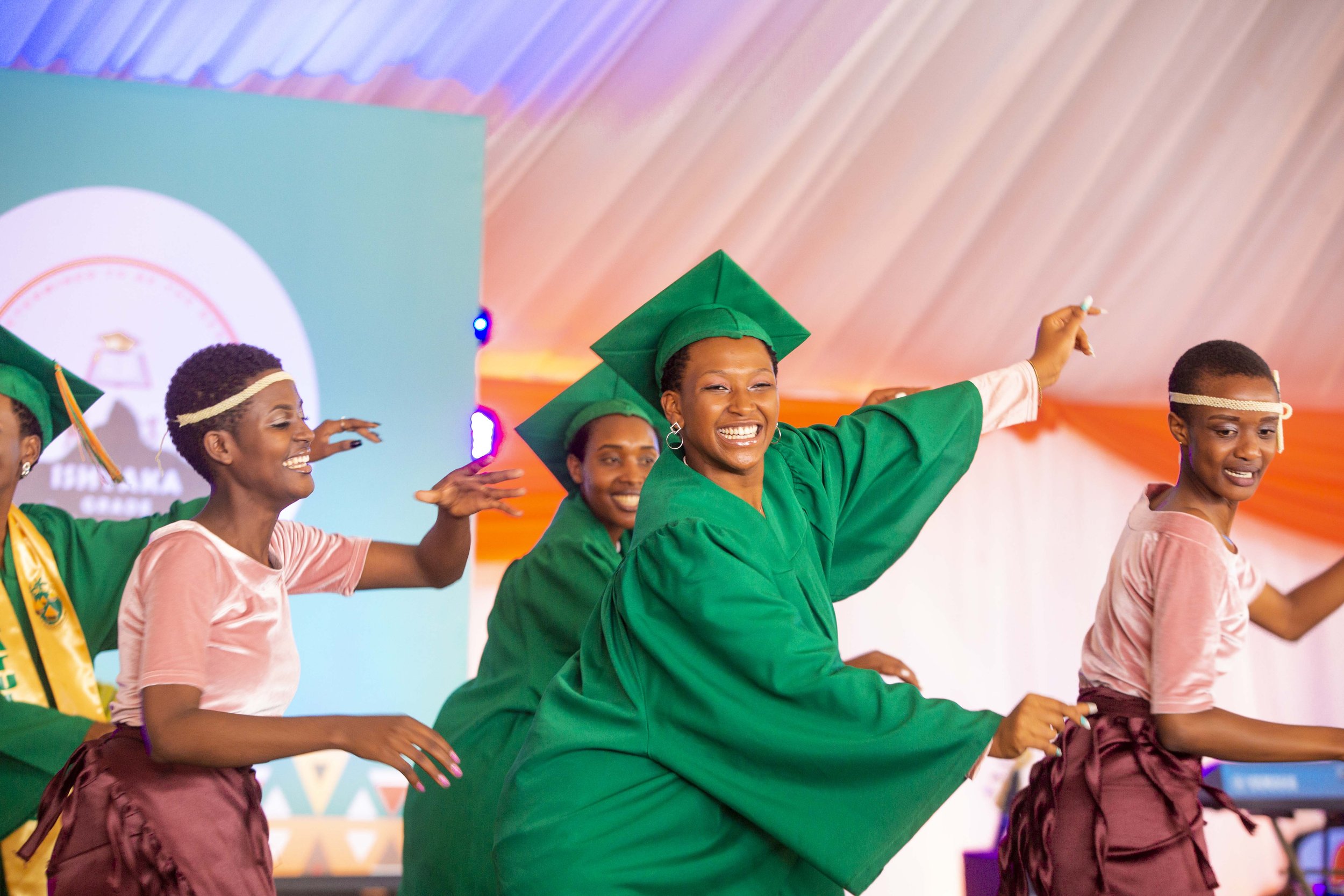
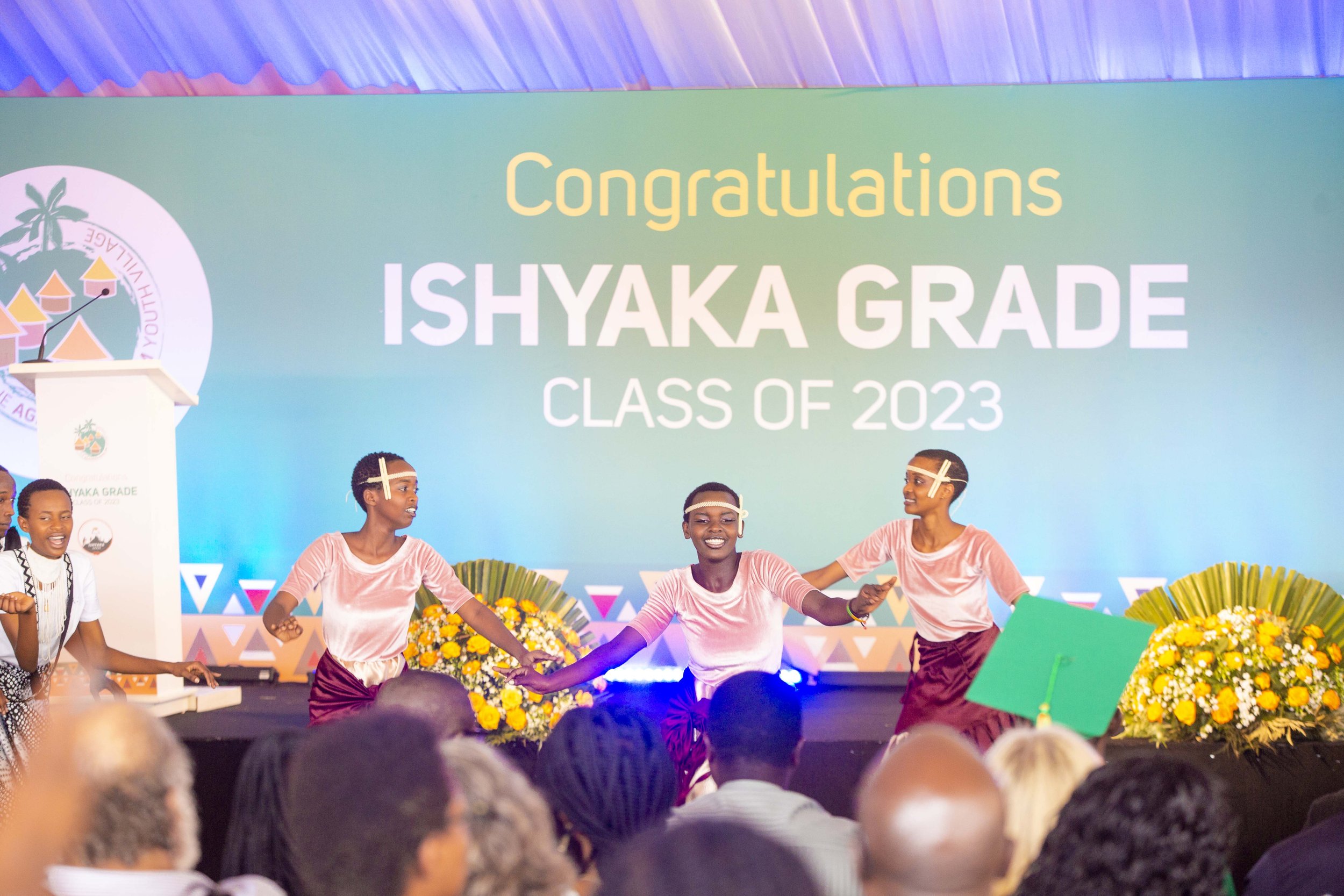
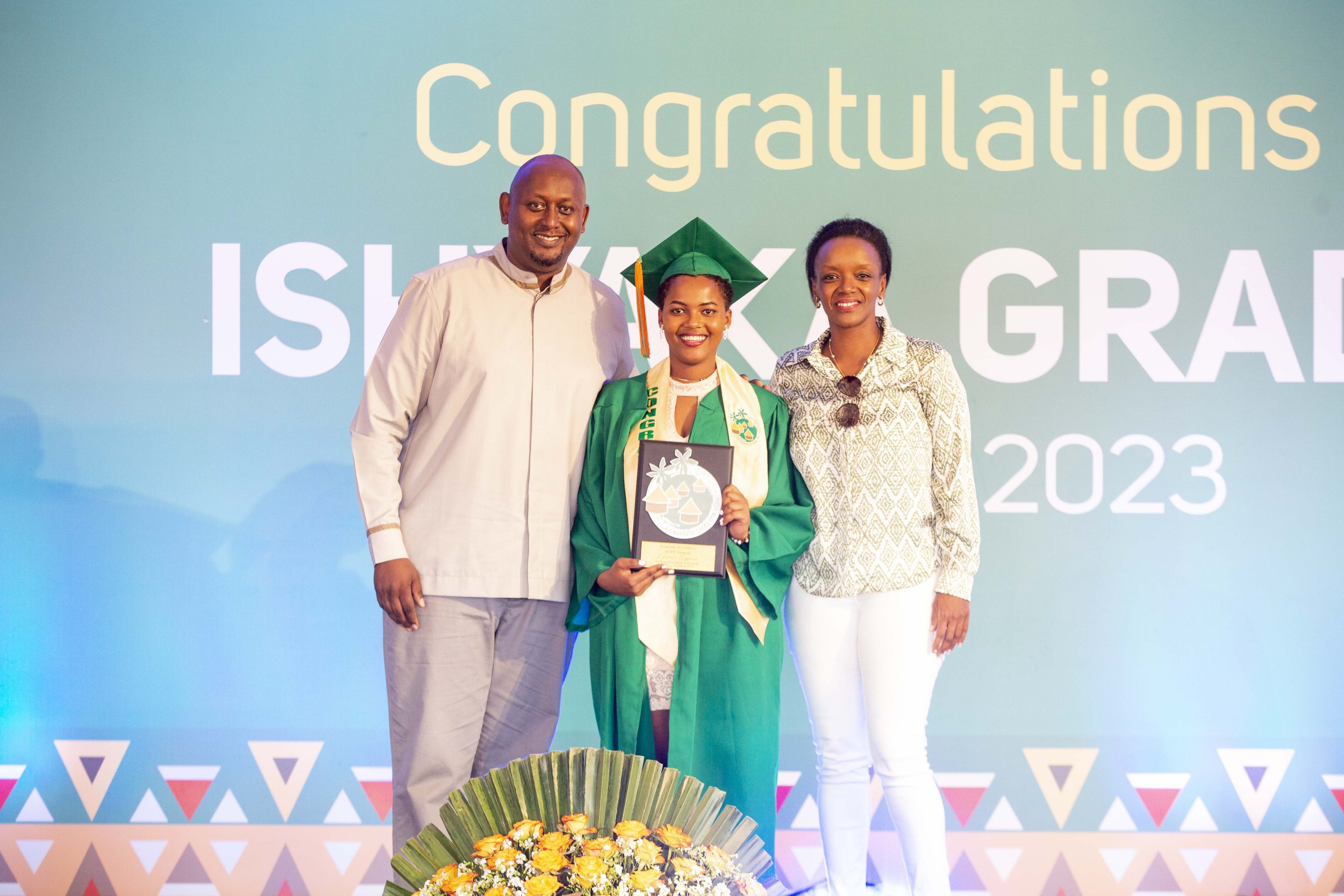
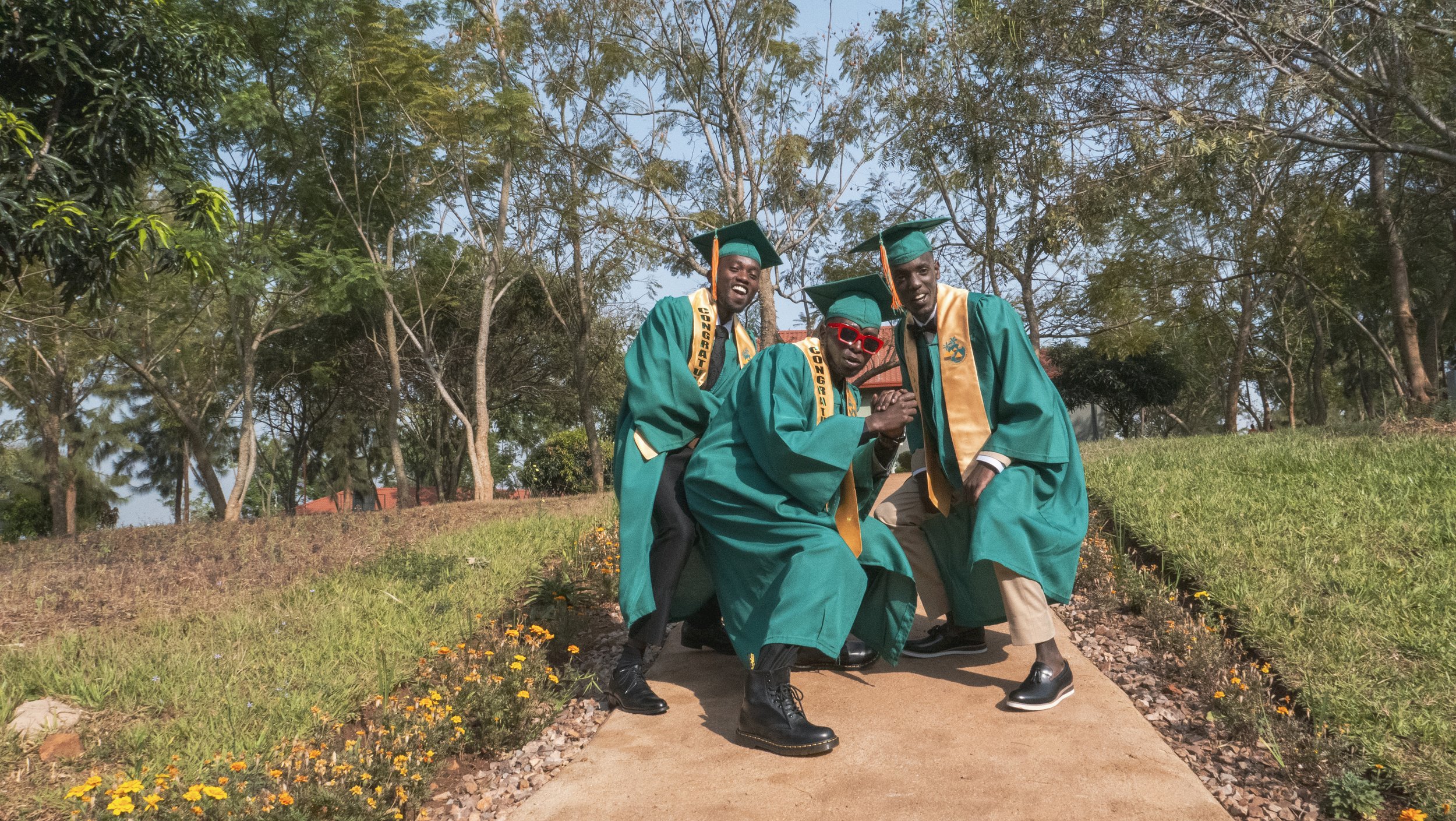
On June 30, the 123 members of our Ishyaka (meaning determination and enthusiasm in Kinyarwanda) Grade walked to receive their diplomas and enter the futures they worked for, and dreamed of, throughout their years at the Agahozo-Shalom Youth Village (ASYV). During the ceremony, the graduates sang, danced, spoke, acted, received awards, and showcased the incredible determination and enthusiasm that is their grade’s name.
“I had stopped dreaming and believing. I had lost confidence in myself and in humanity,” said Ishyaka Grade’s Sangwa Yvan, during his valedictory address. “As I reflect, I realize ASYV became home not just because it was a place I felt safe again, but also because in the safety, love, and healing it offered, I started dreaming again. It is now our time to bring even more good to a good country and even more compassion to a complex world by bringing peace and hope where there is none.”
Ishyaka Grade, we believe you will accomplish that and anything else you determine to do. And as Liz Stern, Chair of the ASYV Board of Directors, said during her graduation day remarks, “Remember, wherever you go, whatever dreams you achieve, you are, forever, family. This is, forever, home. It has been an honor supporting your journey.”
Don’t miss the video below featuring highlights from the ceremony. You can find Yvan’s full address here.
Watch highlights from the Ishyaka Grade’s graduation ceremony.
Watch highlights from the Ishyaka Grade’s graduation ceremony.
How a Grand Tour Inspired Our New Graduates
Before coming to the Village, most of our students had not traveled far from their home communities. But nothing better opens our kids’ eyes to the possibilities their futures in Rwanda can hold than seeing Rwanda itself. This year, we held our first-ever Grand Study Tour. During the tour, the Class of 2023, Ishyaka Grade, visited destinations nationwide. They learned about the commercial applications of chemistry while touring an agricultural company that produces fruit juices. A visit to the Ellen DeGeneres Campus of the Dian Fossey Gorilla Fund offered lessons in environmental research and conservation. At stops all along the way, they took in Rwanda’s natural beauty. And that’s just a few of the many highlights. Arnold Joshua Ngaboyisonga and Kevin Kwizera, brothers in the King Menelik II student family, told us what struck them most about seeing the wonders of their country for the first time.
What was your favorite part of the Grand Tour?
Arnold: To me, everything was special. That’s my honest answer. But what was most special was Lake Kivu. I’ve been to small lakes before. But Lake Kivu is the biggest in Rwanda. You can’t even see its end.
Kevin: The thing I most liked was gathering together around a campfire. We shared a lot of stories. People expressed their spirit, how it felt being in Northern Province for the first time.
What did you learn about Rwanda that you didn’t know before?
A: We used to see the adverts on television that would say, “See Rwanda.” And they’d show all these attractive things, but we’d never seen them in reality. Through the tour, I discovered a lot about Rwanda. I think now I can testify about it to others. I can advertise it on my own.
K: We would stop, and our teacher would explain about the geographical features and the settlements of Rwanda. When we reached Kigali, some kids who had never been there were surprised that regions exist where there are so many people. But the thing that most took my attention is the beauty of Rwanda, like the waterfalls in Northern Province.
What was the most surprising thing?
A: For me, everything was a surprise.
K: You know the word between? Well, Northern Province is between lakes. Imagine. Between lakes.
A: Okay, I have a most surprising thing. We are used to seeing farms where people have cattle and that kind of thing. We visited this farm where the man has a farm of dogs. He breeds dogs. I never thought of that. And they are very expensive. It is a very good business.
Did you learn anything about careers that might interest you?
K: So yeah, those dogs, that changed my mentality. You see a man who could have an idea and breed some dogs and sell them. That’s an impressive idea. I saw that Rwanda had a lot of ideas, a lot of careers. I saw that when someone gets time to think about what is around him or her, they can get an idea and start their own business. It’s all about using our brains.
A: During the tour, we visited a hydroelectric plant. We also visited Lake Kivu, and we saw how they produce electricity there. We studied hydroelectricity in class, but it was hard to understand. But when you are there, you get to see how it works. You get to see the turbines. And I learned they don’t have a lot of professional workers in that field, so if you get a higher degree, you can be a very good candidate for a position.
What do you plan to do next year after you graduate?
A: I think I will go to university. I want to do civil engineering, something like I was just discussing.
K: I want to study business administration in university. I want to change the world with the ideas I have. In the Village, I have gained skills in photography and videography. I have seen many documentaries talking about things like geographical features. But me, I want to use the camera as a tool for change, to advocate for people, for kids, in Rwanda.
